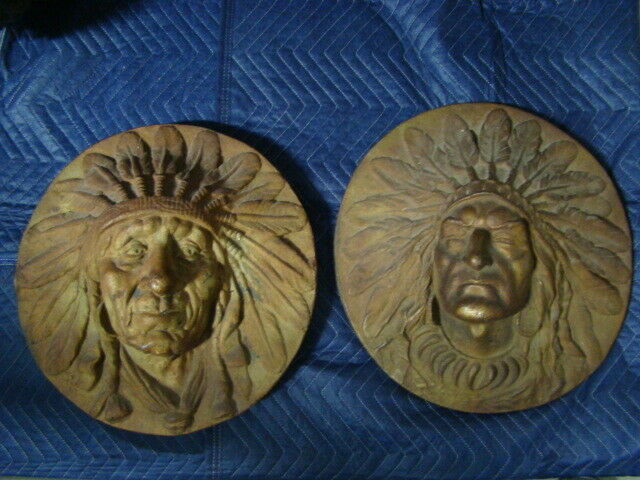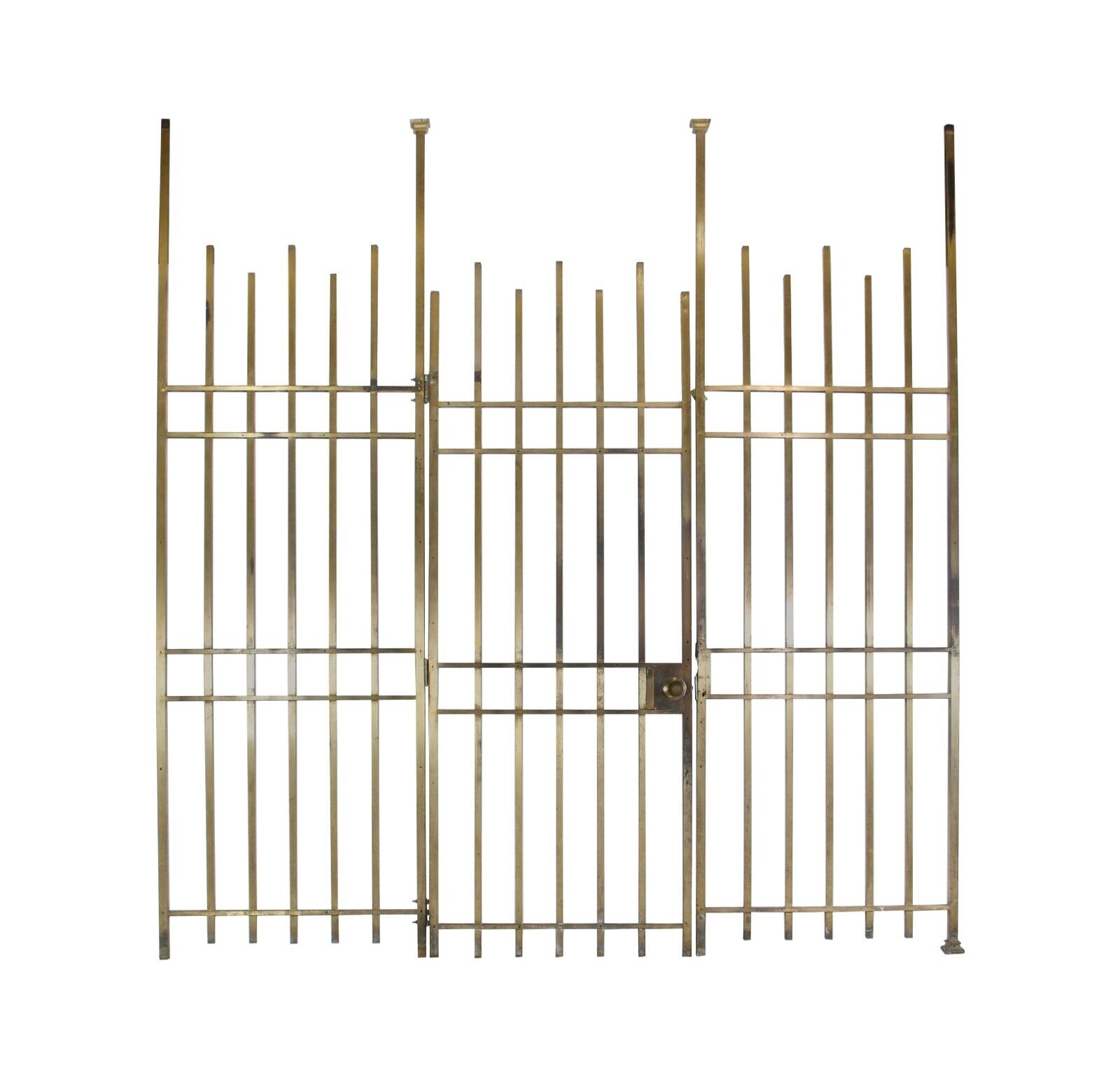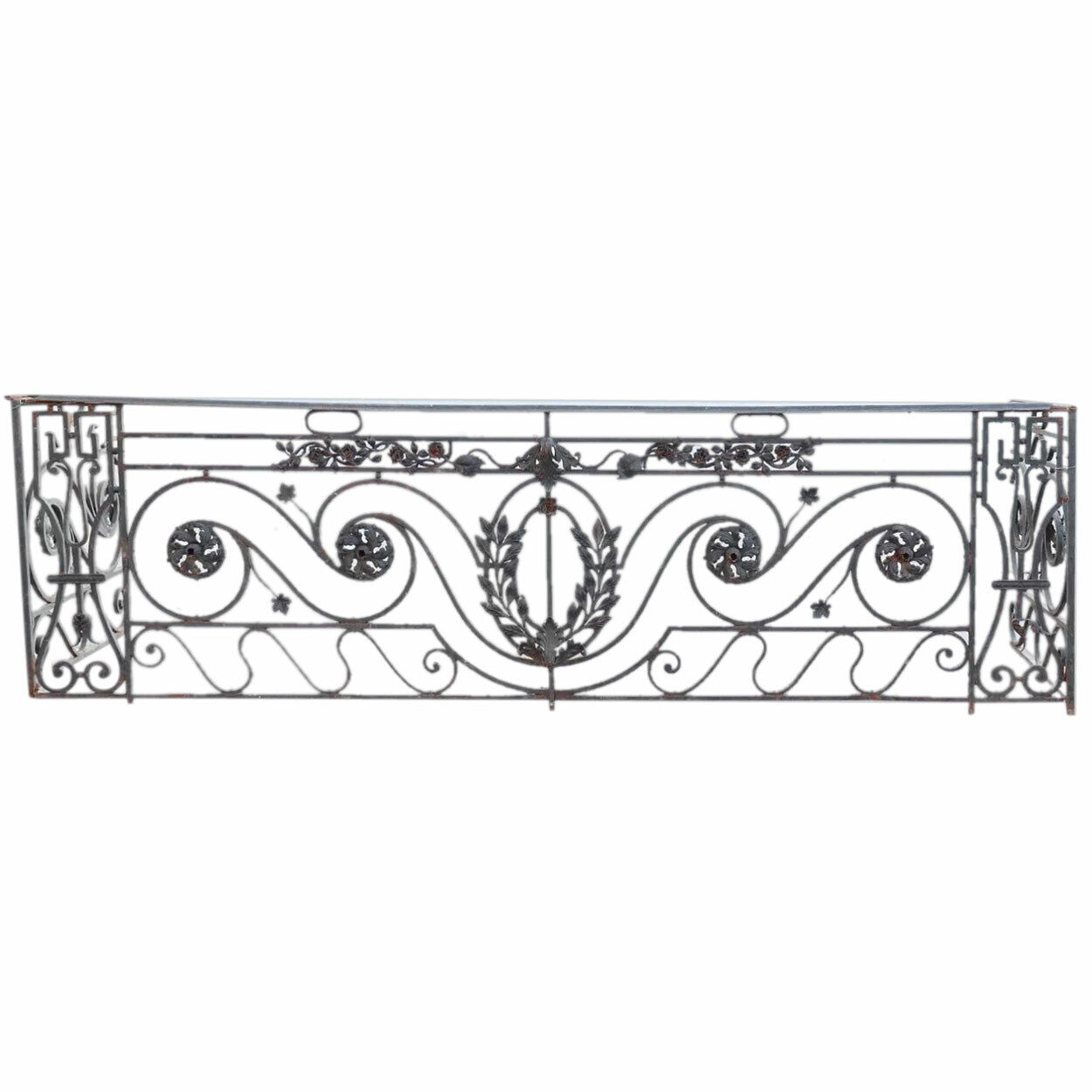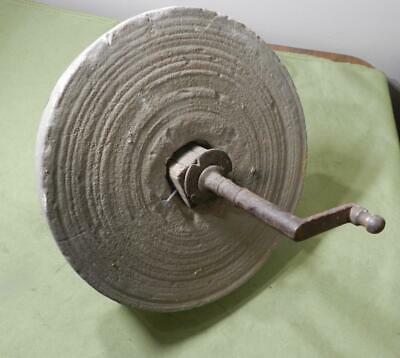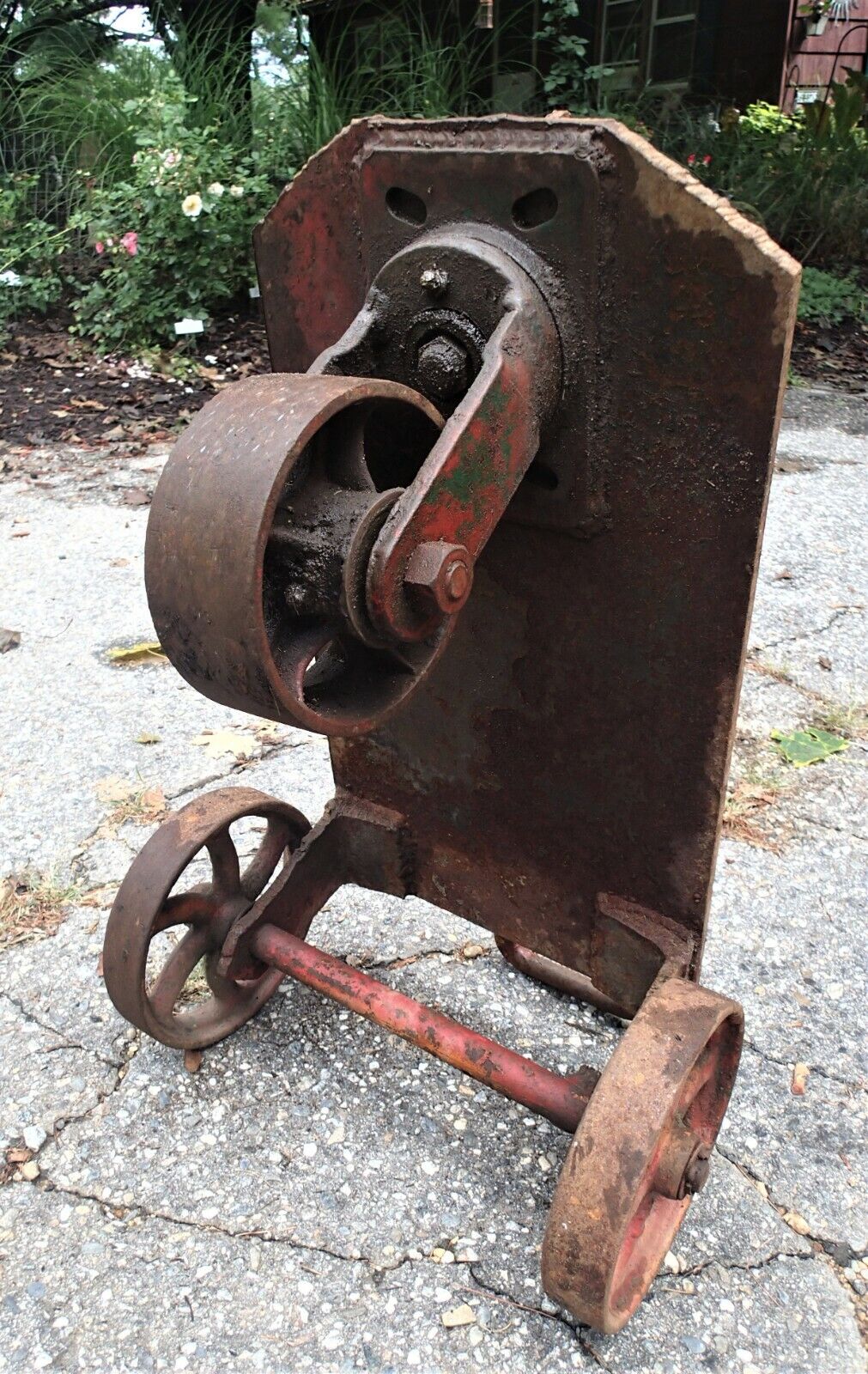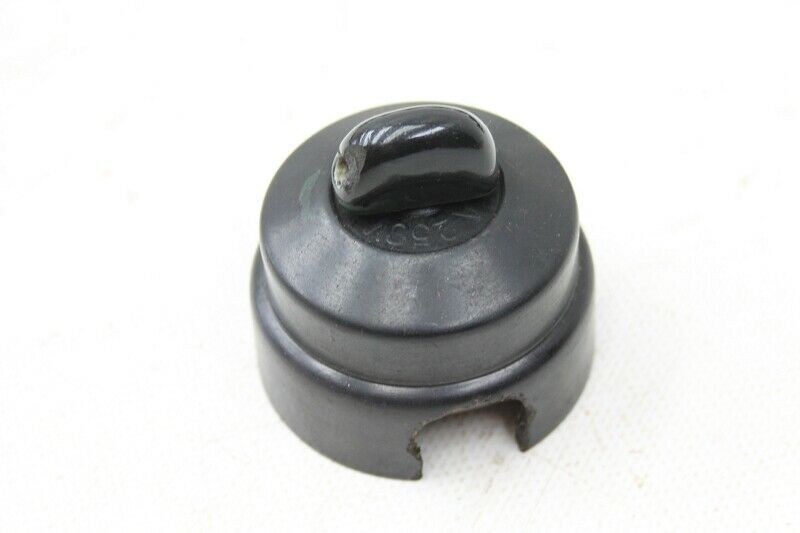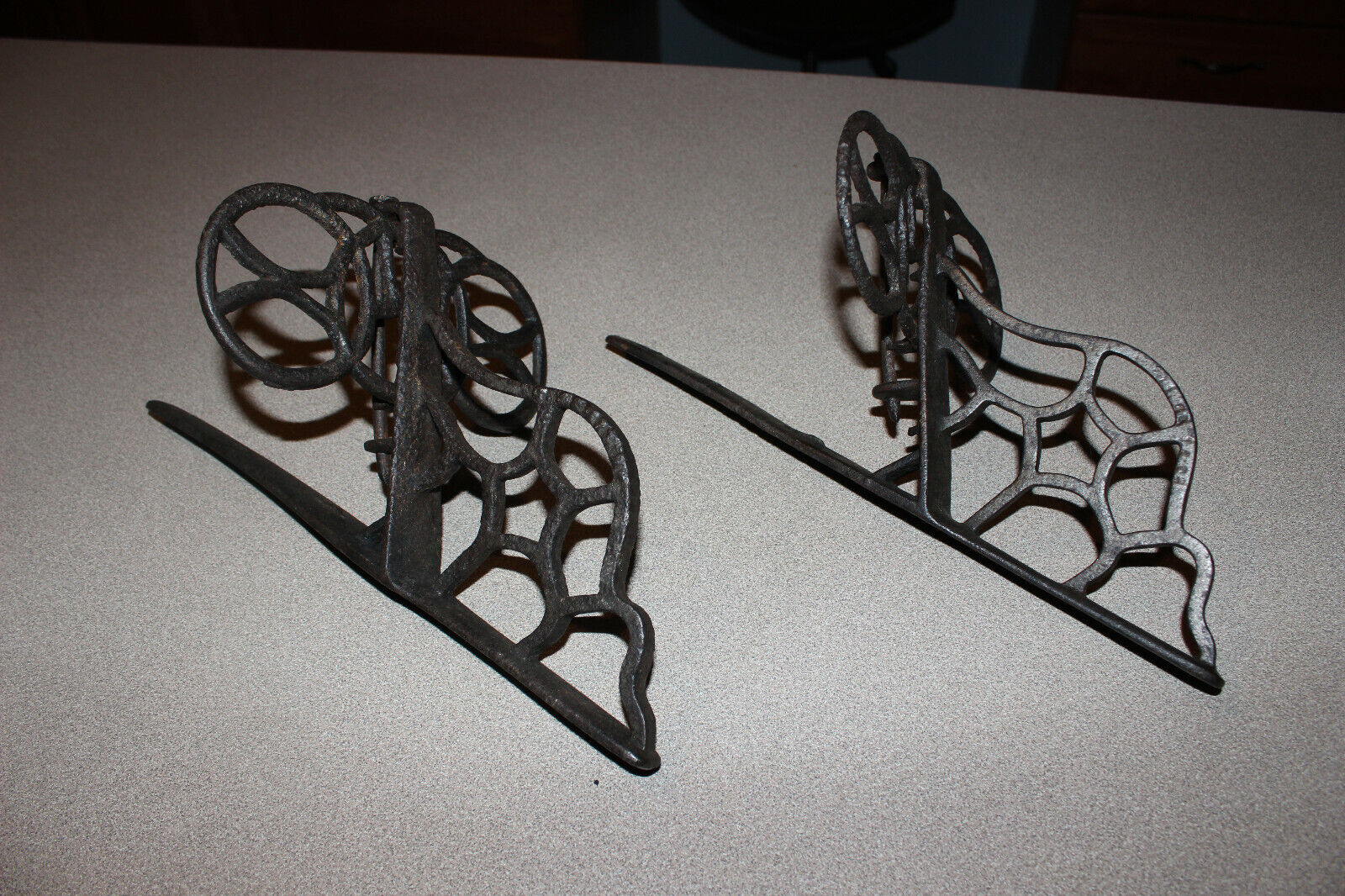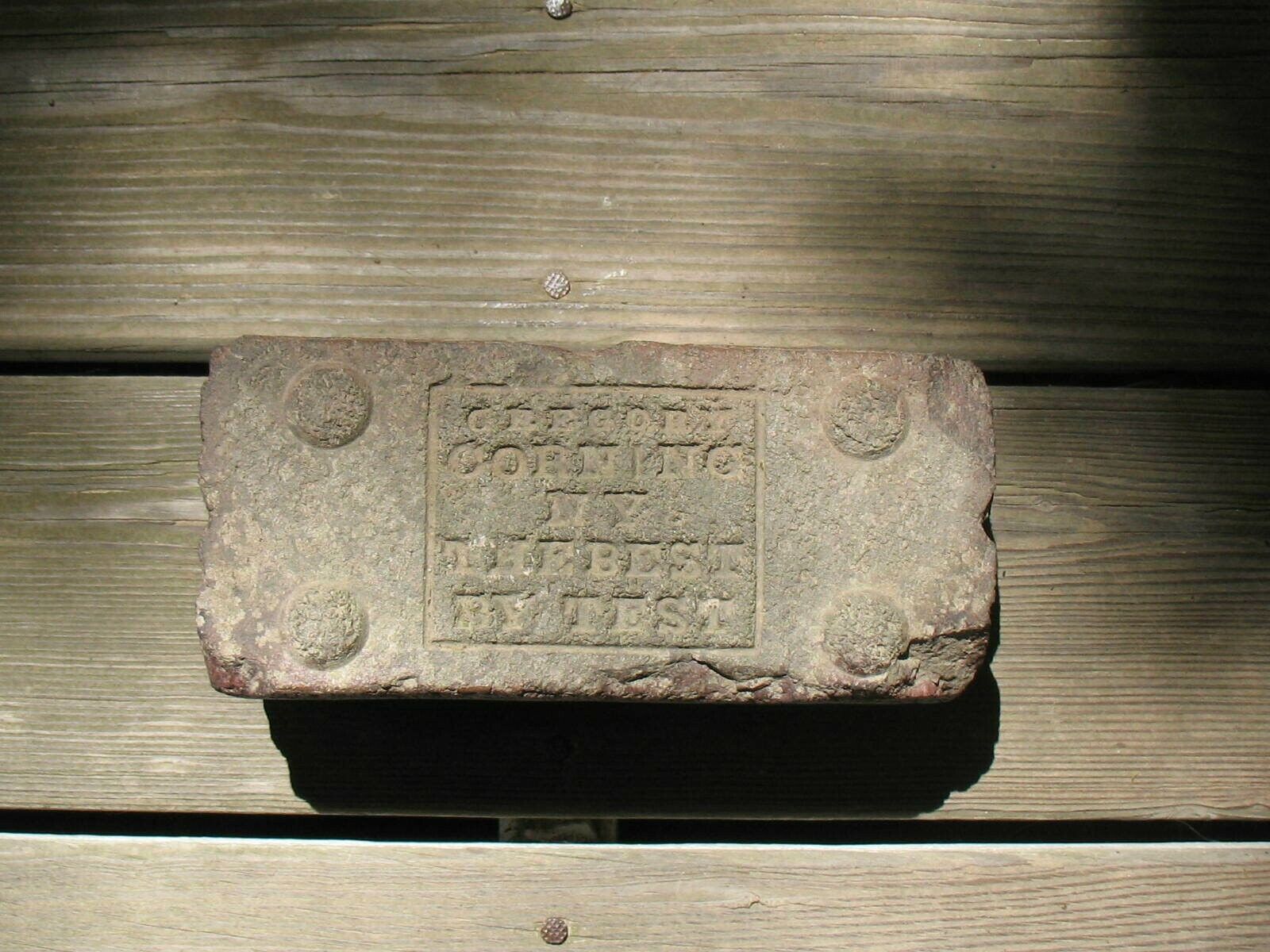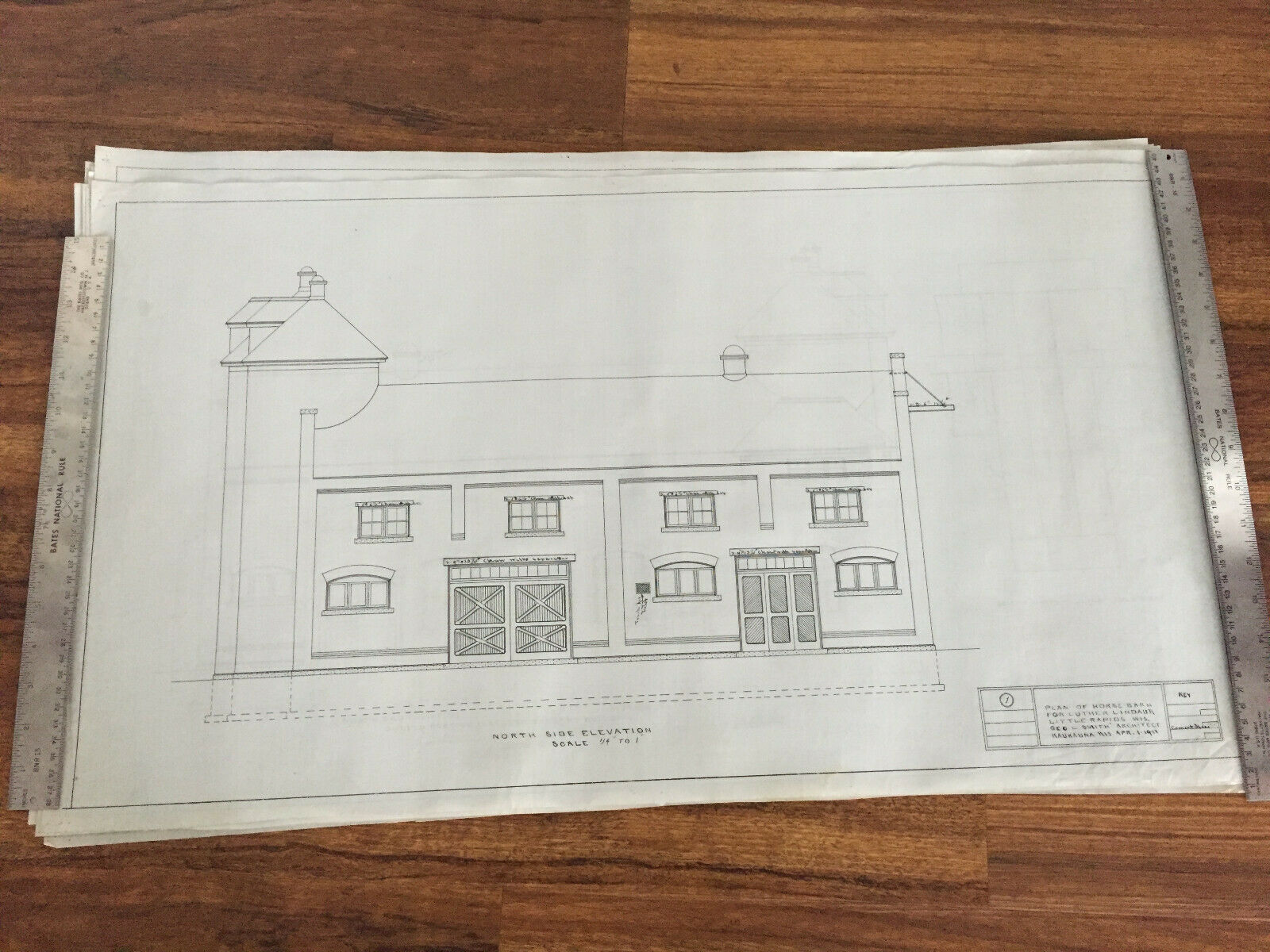-40%
2 Late 19th Century Large Cast Bronze Indian Chiefs Building Plaque Reliefs
$ 14520
- Description
- Size Guide
Description
Please Ask Questions Before Bidding.We Do Combine Shipping On Most Items.
Please Wait For Invoice Before Sending Payment.
We Gladly Accept Paypal & Other Forms Of Payment.
We Only Ship To Confirmed Paypal Addresses.
International Shipping USPS Registered On Items Over .00 USD.
Full Item(s) Value Declared On Customs Forms.
Shipping costs reflect shipping, handling, tracking(as required by Paypal & Ebay for claims).
All images in the auction are of the actual item listed and will be the items you receive upon winning the auction.
Bid with confidence!
****2 Late 19th Century Large Cast Bronze Indian Chiefs Building Plaque Reliefs Nice!! These Are Massive 18" Diameter Plaque Reliefs That Weigh About 50 Pounds Each. There Are 4 Screws Or Partial Screws On The Reverse Side Of Each Plaque Where They Were Attached To A Building. They Are Both In Excellent Condition Although The Plaque On The Left Has A Tiny Natural Pin Hole On The Left Side Where One Of The Cast Crease Is. We Could Not Locate A Maker Mark On Either Piece. These Are Fantastic Historical Cast Iron Relief Pieces That Were Salvaged From A Building That Was Demolished In A Small Town In New Mexico Or Colorado In The 1960's-70's, The Heirs Of The Estate Where We Acquired Them Could Not Remember What Town Their Father Told Them These Came From, They Did Remember It Was New Mexico Or Colorado. We Have Seen Similar Items Of The Image Of The Chief On The Right Side Used From The Late 19th And Early 20th Century, We Have Seen No Other Similar Images Of The Chief On The Left Side, Both Of These Plaques Appear To Be Late 19th Century And Are Possibly Unique..........****
